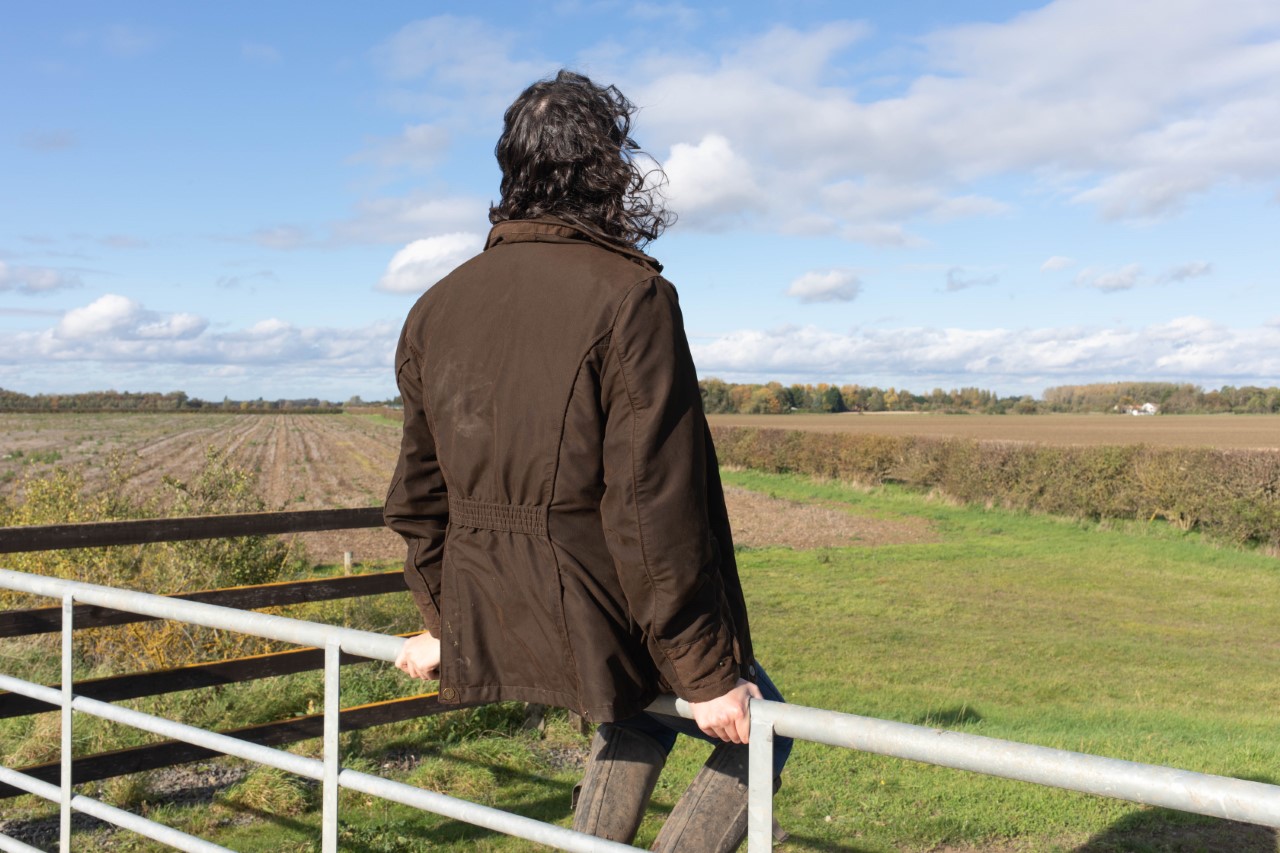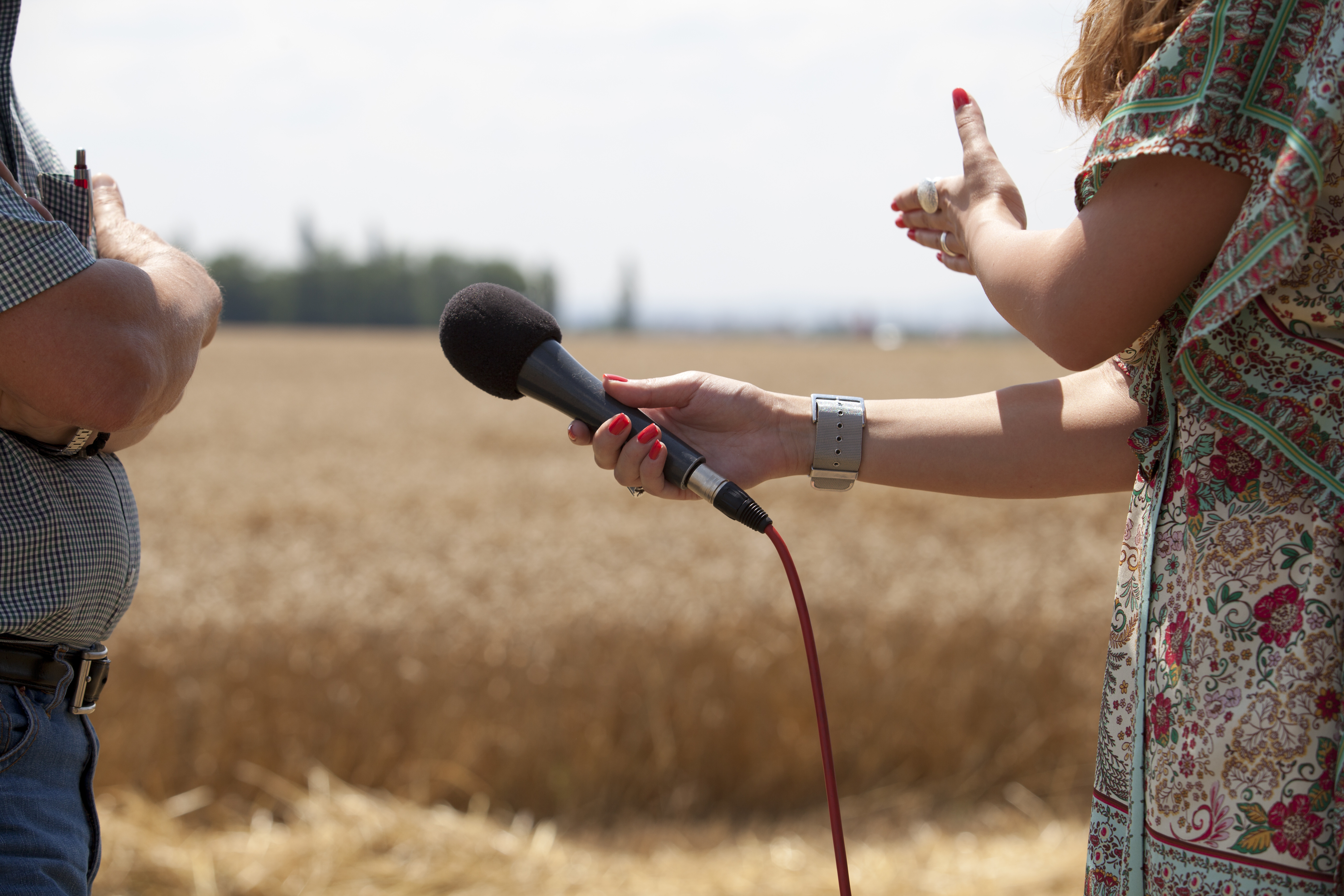



Opinion - EU's assessment of the Farm to Fork strategy presents inconvenient truths
The EU's Joint Research Center has released a report on the impact of the Biodiversity and Farm to Fork strategies on agriculture, and EU farming union Copa and Cogeca warns that the policy will result in an unprecedented reduction in agriculture capacity.How do you bury an embarrassing report? The European Commission has just given us a master class. In the middle of the summer holidays, its Joint Research Center (JRC) released a long-awaited report on the impact of four selected targets of the Biodiversity and Farm to Fork strategies.


Rarely has a report been so careful to avoid saying what it has to say: whatever the scenarios considered, the effect of these strategies will be an unprecedented reduction of EU production capacity and of its farmers’ income. The largest part of the reduction in agricultural emissions achieved through these strategies will be erased by a sustainability leakage to third countries resulting from this loss in production.
For more than a year, all stakeholders representing the agricultural sector in Brussels have been calling for an impact assessment of the Farm to Fork strategy. The agricultural community, aware of the challenges and the necessary transitions, was eager to discuss the subject on a solid basis. However, in the face of the Commission's silence and the failure to produce a study, the subject became a political issue itself. Copa and Cogeca were therefore surprised to see a "technical report" tackling the subject being released last week, in the middle of the summer, while most EU stakeholders are on their annual leave, without any announcement and with minimal communication.
Don’t call it an “impact assessment” the authors say. They continue underlining that this document is not a comprehensive assessment, as some targets were not or only partially considered, and the model used has certain limitations to assess the complex effects of the targets discussed. Would it be possible to propose a perfectly comprehensive analysis of the Farm to Fork effects one day or is there an attempt to play with words? What is clear is that the conclusions presented in this report go in the same direction as those of most studies already carried out on the subject.
Considering its content, Copa and Cogeca welcome this report and agree with the authors that “the lessons learned from this report are important from a policy perspective”. Whatever the scenario considered, all sectors show declines in production of 5% to 15%, with the livestock sectors being the most heavily impacted. The changes in production would lead to a decrease in net export positions for cereals, pork and poultry, and to a worsening in the EU trade deficit for oilseeds, fruits and vegetables, beef, sheep and goat meat. Meanwhile, whatever the scenario, production prices show a net increase of around 10% with a negative impact for most farmers' incomes.


However, the most important point of the report from Copa and Cogeca's perspective is on the expected effects of this strategy: the report shows that the Farm to Fork and Biodiversity strategies coupled with the new CAP could help in delivering a 28.4% reduction in GHG emissions from the agricultural sector by 2030. This makes some environmental NGOs say that these strategies will deliver the expected result.. This is stopping halfway through the reasoning. One major finding of the report is that more than half of the expected GHG reduction in all scenarios are substituted by equivalent GHG emissions increases in third countries!
Reacting to the report, Pekka Pesonen, Secretary General of Copa-Cogeca, said, “This report, even with all the precautions that must be taken into consideration regarding its methodology and scope, confirms many of our analyses. This new CAP will allow farmers to make the necessary transitions to increase our sustainability, it will not be a 'status quo' as some Brussels NGOs like to repeat.
"However, strategies like Farm-to-Fork or the Biodiversity one will create an ever-widening gap in practices and competitiveness with our international competitors. If we do not want to organise the relocation of part of our agriculture to third countries, the European Union must be as ambitious in its trade policy as it is with its in-house strategies. Today this is simply not the case. This great discrepancy will be unbearable for our farmers and cooperatives in the long run.”
For Copa and Cogeca, the conclusions of this study should alert stakeholders far beyond the agricultural community and create a public debate as those policies are so consequential to our strategic autonomy, consumer prices or the relocation of our agriculture. The authors of the report call for further analysis on the targets and the models, Copa and Cogeca support this call and are looking forward to reading and commenting on the conclusions of this key report in the coming months.









